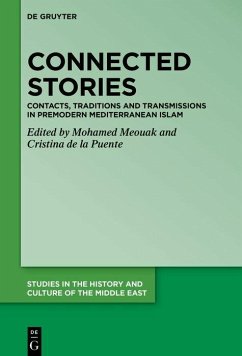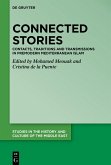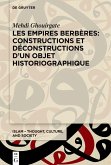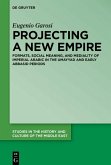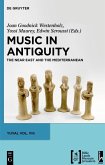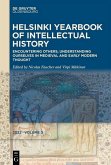Concepts such as influence, imitation, emulation, transmission or plagiarism are transcendental to cultural history and the subject of universal debate. They are not mere labels imposed by modern historiography on ancient texts, nor are they the result of a later interpretation of ways of transmitting and teaching, but are concepts defined and discussed internally, within all cultures, since time immemorial, which have yielded very diverse results. In the case of culture, or better Arab-Islamic cultures, we could analyze and discuss endlessly numerous terms that refer to concepts related to the multiple ways of perceiving the Other, receiving his knowledge and producing new knowledge.
The purpose of this book evolves around these concepts, and it aims to become part of a very long tradition of studies on this subject that is essential to the understanding of the processes of reception and creation. The authors analyze them in depth through the use of examples that are based on the well-known idea that societies in different regions did not remain isolated and indifferent to the literary, religious or scientific creations that were developed in other territories and moreover that the flow of ideas did not always occur in only one direction. Contacts, both voluntary and involuntary, are never incidental or marginal, but are rather the true engine of the evolution of knowledge and creation. It can also be stated that it has been the awareness of the existence of multidimensional cultural relations which has allowed modern historiography on Arab cultures to evolve and be enriched in recent decades.
M. Meouak, Universidad de Cádiz, Puerto Real, Spanien, and C. de la Puente, Centro de Ciencias Humanas y Sociales, Madrid, Spanien.
The purpose of this book evolves around these concepts, and it aims to become part of a very long tradition of studies on this subject that is essential to the understanding of the processes of reception and creation. The authors analyze them in depth through the use of examples that are based on the well-known idea that societies in different regions did not remain isolated and indifferent to the literary, religious or scientific creations that were developed in other territories and moreover that the flow of ideas did not always occur in only one direction. Contacts, both voluntary and involuntary, are never incidental or marginal, but are rather the true engine of the evolution of knowledge and creation. It can also be stated that it has been the awareness of the existence of multidimensional cultural relations which has allowed modern historiography on Arab cultures to evolve and be enriched in recent decades.
M. Meouak, Universidad de Cádiz, Puerto Real, Spanien, and C. de la Puente, Centro de Ciencias Humanas y Sociales, Madrid, Spanien.
Dieser Download kann aus rechtlichen Gründen nur mit Rechnungsadresse in A, B, BG, CY, CZ, D, DK, EW, E, FIN, F, GR, HR, H, IRL, I, LT, L, LR, M, NL, PL, P, R, S, SLO, SK ausgeliefert werden.

